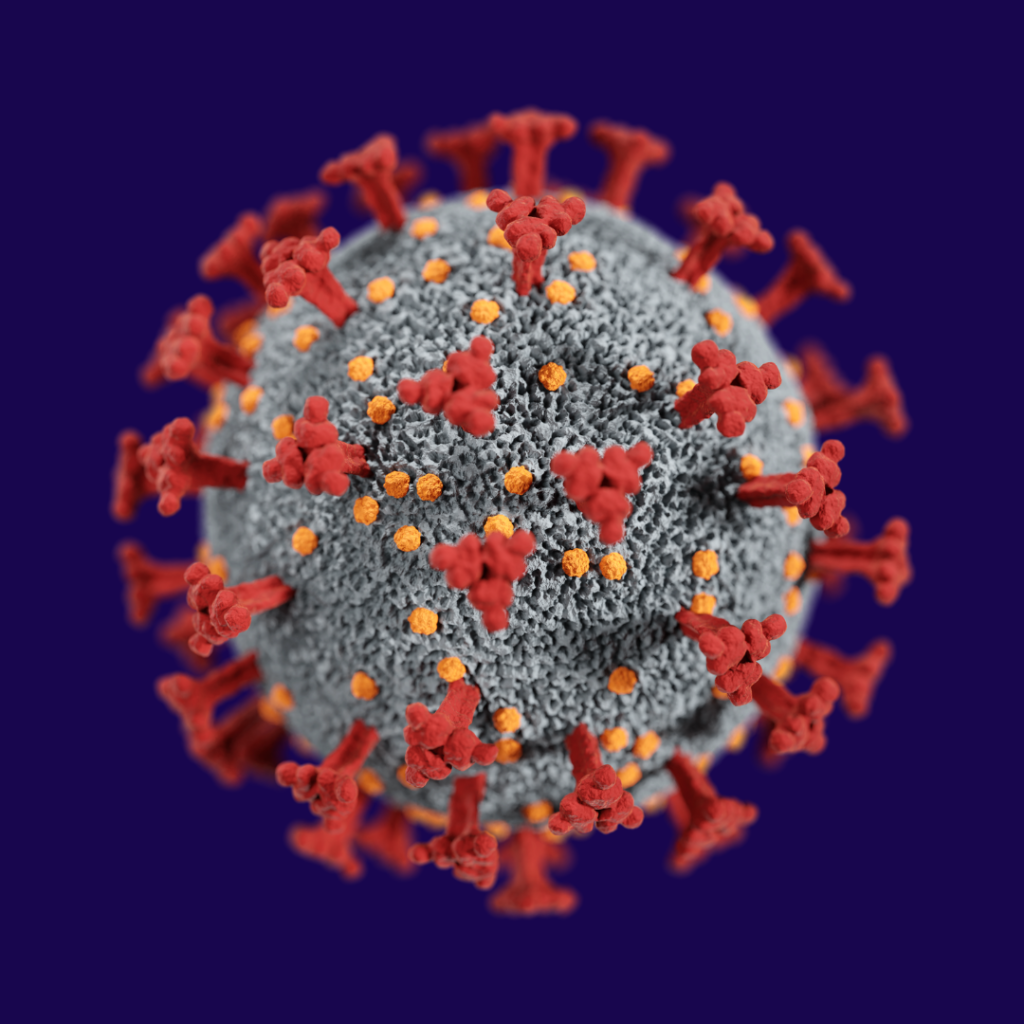Home » Diseases
Diseases
Uncover symptoms and dive into a world of medical treatments and therapies. Explore expert health articles on symptoms, cutting-edge research, medications, and alternative therapies for a wide range of diseases and medical conditions.

Understanding Disease: Causes, Symptoms, and Impact on Health
Disease refers to any deviation from the normal structural or functional state of an organism, which disrupts its ability to function normally. Unlike physical injuries, diseases are often characterized by specific signs and symptoms that signal an abnormal state in the body. These symptoms can range from mild discomfort to severe health complications, depending on the nature and severity of the condition.
What Defines a Disease?
A disease is typically classified as a pathological condition that affects part or all of an organism. It can result from various internal or external factors such as infections, genetic defects, environmental stressors, or lifestyle choices. Diseases are distinct from physical injuries because they are not caused by direct mechanical damage to the body. Instead, they develop due to imbalances or malfunctions within the body’s biological systems.
Types of Diseases
Diseases can be broadly categorized into several types:
- Infectious Diseases: These are caused by pathogens such as bacteria, viruses, fungi, and parasites. Examples include the flu, tuberculosis, and malaria.
- Non-infectious Diseases: These result from genetic, lifestyle, or environmental factors and include conditions like diabetes, cancer, and heart disease.
- Chronic Diseases: Long-lasting conditions that often require ongoing medical attention. Examples include asthma, arthritis, and hypertension.
- Acute Diseases: These occur suddenly and often resolve within a short period. Examples include appendicitis and acute infections like strep throat.
Common Signs and Symptoms of Disease
When an organism becomes diseased, it typically exhibits a variety of signs and symptoms that signal an abnormal state. These can include:
- Pain or discomfort: Often localized but may spread depending on the disease.
- Fever: A common symptom indicating the body’s response to infection or inflammation.
- Fatigue: Persistent tiredness, which may occur due to chronic conditions.
- Cough or respiratory issues: Indicating possible infections or respiratory diseases.
- Skin changes: Rashes, lesions, or discoloration often indicate underlying health problems.
Causes of Disease
- Pathogens: Infectious diseases are typically caused by organisms such as bacteria, viruses, and parasites that invade the body.
- Genetic Factors: Some diseases, such as cystic fibrosis or Huntington’s disease, are hereditary and passed down through family genes.
- Lifestyle Choices: Poor diet, lack of exercise, smoking, and alcohol abuse can lead to conditions like heart disease, stroke, or liver disease.
- Environmental Factors: Exposure to toxins, pollution, or radiation can trigger diseases such as lung cancer or lead poisoning.
The Importance of Early Detection and Prevention
Detecting diseases early can significantly improve treatment outcomes. Regular health check-ups, proper nutrition, and leading a balanced lifestyle are essential for preventing many diseases. Vaccinations, for example, can prevent certain infectious diseases, while genetic counseling may help individuals understand their risk for hereditary conditions.
In addition to personal lifestyle choices, public health initiatives play a vital role in disease prevention by promoting hygiene, sanitation, and access to healthcare services.
The Impact of Disease on Health and Society
Diseases not only affect the individual’s physical and mental well-being but also have broader societal impacts. Chronic diseases, in particular, lead to long-term healthcare costs, reduced workforce productivity, and increased social care needs. Infectious diseases can spread rapidly, causing pandemics and requiring large-scale public health interventions.
Managing and Treating Disease
Treatment of diseases depends on the type, cause, and severity of the condition. Infectious diseases are often managed with antibiotics, antiviral medications, or vaccines. Chronic diseases may require long-term care, medication, lifestyle changes, or surgical interventions. Additionally, modern advancements in personalized medicine and genetic therapies offer new ways to treat and manage diseases more effectively.
Conclusion
Understanding the nature of diseases, their causes, and symptoms is critical for early detection and effective treatment. Whether it’s an infectious disease or a chronic condition, preventive measures such as regular health screenings, a healthy lifestyle, and adherence to medical advice can significantly reduce the risk of developing serious health issues.
By staying informed and proactive about health, individuals and societies can better combat the challenges posed by diseases, leading to healthier lives and stronger communities.








